April 2024 was different. April 2024 was the first Armenian Genocide remembrance month since Azerbaijan’s genocidal ethnic cleansing of Artsakh.
Following our collective primal scream after the devastation of September 2023, Armenians around the world have continued to battle the forces intent on eliminating our nation from the face of the earth.
While the grand scheme of things might seem insurmountable to us in our everyday lives, Armenians worldwide refuse to remain silent and work diligently and with unwavering focus to educate about Armenian history and culture and advocate for the Armenian cause.
We carry out this mission in different ways. I do this through my work as editor of this venerable publication, now 90 years old, and as an educator devoted to genocide education since the year 2000. During April 2024, genocide education took on an added urgency and deep grief.
To highlight genocide awareness month, the Rhode Island Holocaust and Genocide Education Commission, of which I am the chair, initiated a series of educational presentations at community libraries designed to inform the public about the Holocaust and the Armenian Genocide. Answering the call, Esther Kalajian and I, co-chairs of the RI branch of the Genocide Education Project (GenEd), offered “A Journey from Despair to Hope: The Armenian Genocide and the Armenian Americans of RI.” We shared this presentation with four library communities across the state — a presentation we had done in schools in Rhode Island and Massachusetts for years, but which took on an added tenor after the events of 2020 to 2023.
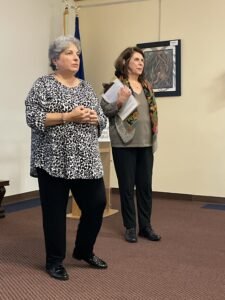
There were two primary differences between these presentations. First, now we needed to educate attendees about the continuing genocide of Armenians using current events. Second, we were to present the subject matter to an intergenerational audience that included young students and their parents who wanted to learn about our history and, sometimes, ancestors of genocide survivors. Previously, most of our presentations over the years had been in middle and high schools and colleges.
The addition of the disastrous and heartrending events in Artsakh to the presentation resulted in complex emotions that are difficult to articulate. Sharing the history of the Armenian Genocide of 1915 and including my beloved grandmother Margaret Garabedian DerManuelian’s first-person account of her experiences during and after the Genocide have always resulted in intense feelings of melancholy from which it takes me hours, and sometimes days, to recover. Now, after each presentation to rooms that included anywhere from three to 50 people, I left feeling somehow both drained and resolute.
Some of this can be attributed to the subject matter and the raw emotion Armenians have felt since September 2023. But the feeling of determination, which leads to decisive action, stemmed from community strength, in particular a community of women with whom I interacted throughout the month of April and into May, beginning with Kalajian. Due to a variety of circumstances, she and I had been unable to offer our educational presentations together for a long time. But this year we reunited, and it reminded me of the power of a pair of women who come to the teaching of this subject matter from different backgrounds yet with the same goals: honor, truth and justice. It was seamless and empowering during a time when so many of us have felt powerless.
What actions were encouraged during our presentations and beyond? For me, it’s any action taken on behalf of the Armenian people and nation, to pursue justice for the continuing Armenian Genocide and to educate the uninformed, whether it be participating in the efforts of the Armenian National Committee of America, teaching a classroom of students or ensuring the content of The Armenian Weekly is a reflection of our community.
What community of women did I encounter throughout April 2024 who moved me through profound grief to action?
It began when my daughter Dalita and I attended an author event featuring Victoria Atamian Waterman (Who She Left Behind), Aida Zilelian (All the Ways We Lied) and Meghri Dervartanian (children’s books in Western Armenian beginning with Հպարտ Հայ/Hbard Hye/ Proud Armenian) that was moderated by WPRI Channel 12 reporter Kim Kalunian. The focus of the event was the past, present and future as told through literature.
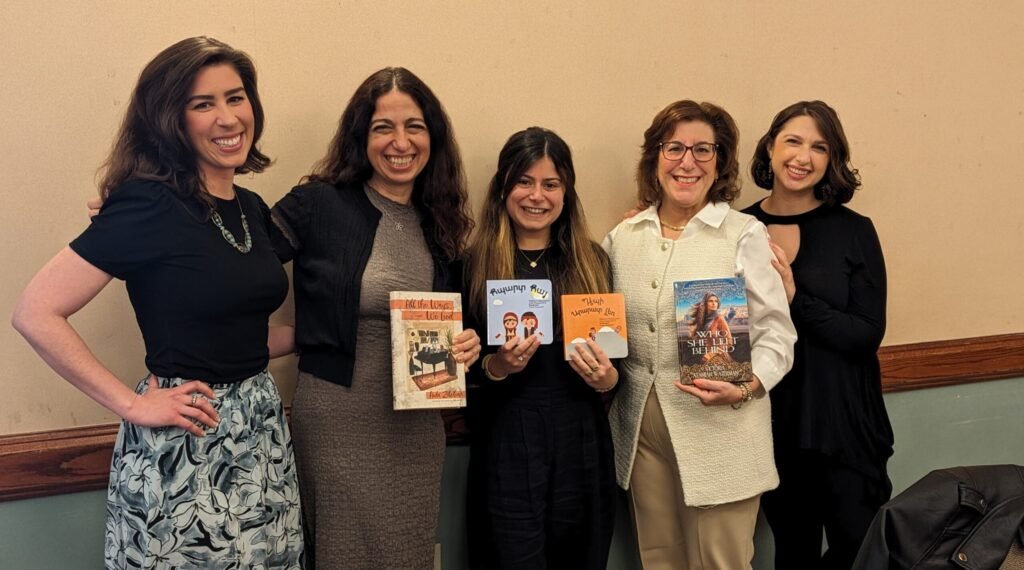
The event was a conversation between the three authors facilitated by Kalunian, who posed questions that led to revealing responses. Why did they write these books? Beginning with the past, Waterman said the story had been sitting with her for eight years, and she needed to tell it when she realized that she is part of “the last generation to tell this story hearing the testimonies straight from the survivors.” Zilelian said she was motivated by the fact that “there was not one book about an Armenian family set in the modern day, and part of our culture is the pride we take in our families.” Dervartanian explained, “My audience is mostly children who are learning to read Armenian or who already know how to read Armenian.” She wrote the first book in 2020 when the Artsakh War began as a way to raise funds “but also to build up the morale of the kids here and around the world.”
The authors read from their books and answered questions with an enthusiasm that was reflected by their audience. Watching Dalita, who is the narrator of Waterman’s upcoming audiobook of Who She Left Behind, interact with each author and then reflecting on the event with her later led to more introspection and an appreciation of the work that links the past to the present, with a determination to ensure a truthful and just future for our children.
Next, I attended Nora Armani’s one-woman English adaptation of playwright Anush Aslibekyan’s Mercedes and Zaruhi. The play tells the story of Zaruhi, movingly portrayed by Armani, and her emigration from Greece to Soviet Armenia during the mass repatriation of 1948. Zaruhi leaves her sister Mercedes behind in Greece, and the story spans the decades until the republic’s independence through letters that Zaruhi writes to her sister, unable to share the difficulties of her life in Soviet Armenia.
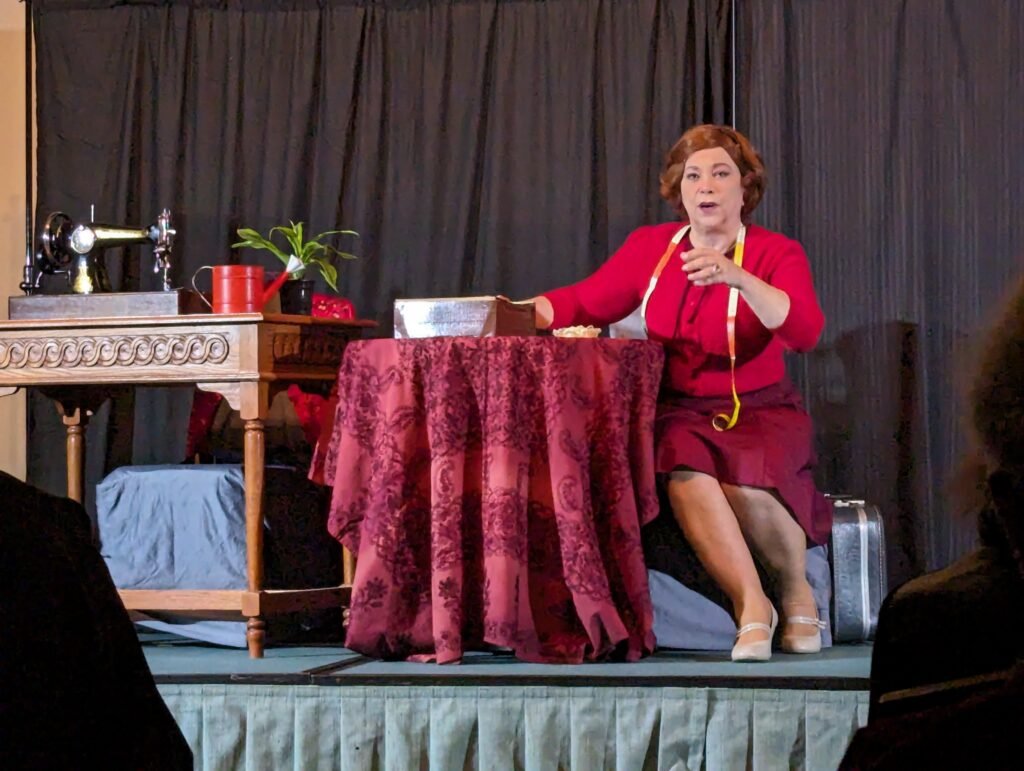
Armani’s masterful, often subtle and sometimes outright portrayal of the range of emotions and turmoil experienced by Zaruhi brought me figuratively to the feet of a grandmother lovingly and carefully sharing a traumatic life with her granddaughter. I was reminded that years ago, in commemoration of the 90th anniversary of the Armenian Genocide and in honor of my family’s survivors, I wrote and performed a one-woman play representing my grandmother, mother and daughter sharing genocide survival testimony between generations.
Once again, the connection between past, present and future encouraged a resolute determination to work towards a future with a free, independent and united Armenia, a mission ingrained in me from my time as a young AYF Junior member, Armenian school student and granddaughter and great-granddaughter of Genocide survivors.
The month closed out with my niece Dr. Sarah Aghjayan’s graduation from the University of Pittsburgh with her doctorate in clinical and biological health psychology. What does this have to do with genocide remembrance month? Dr. Aghjayan is the great-granddaughter of Armenian Genocide survivors, propelled toward a career in psychology with a particular emphasis on brain aging and memory. The link between her ancestry and psychology is pretty straightforward, once again connecting past trauma with an education in the present that will inform the future for all who are touched by Dr. Aghjayan’s work.
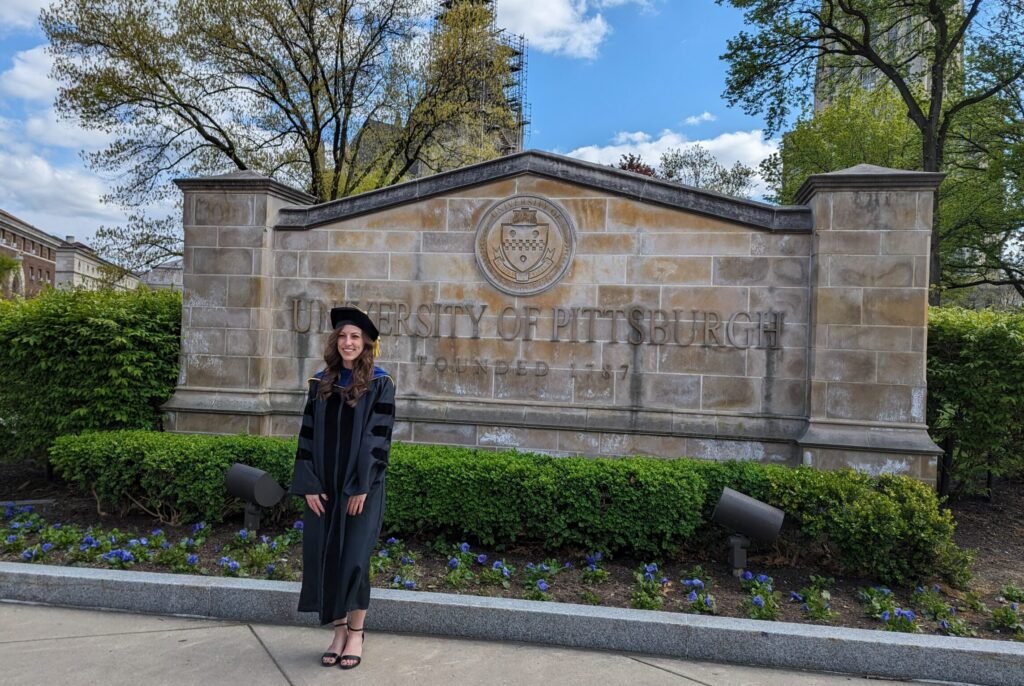
It was the perfect endcap for a month dedicated to genocide education and remembrance of the continuing Armenian Genocide with an eye toward a just future engraved on our hearts by those who endured, survived and rebuilt communities after the events of 1915. I am filled with gratitude for the women who mobilized me to action as we all honored the past, confronted the present and looked to the future.


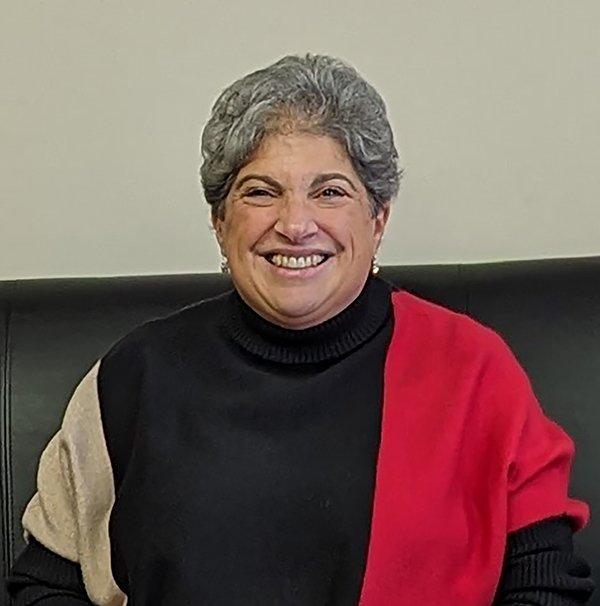
Beautifully written, Ungerouhi Pauline!
Well done.
Hi… I discovered and preserved this woman’s survival of a death march and emigrating to my home town of Foxboro
https://milhomme.blogspot.com/2013/04/alma-sakaian-1915-armenian-genocide.html
I loved this article, refreshing and hopeful. Thank you for doing this important work!!